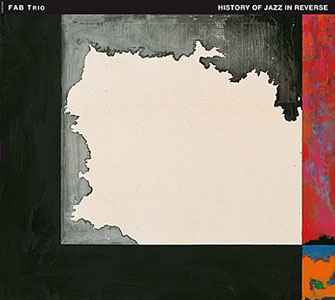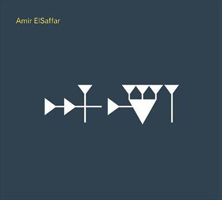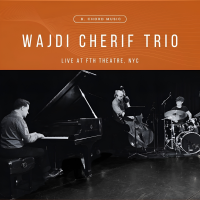Home » Jazz Articles » Interview » Tom Everett: Jazz at Harvard
Tom Everett: Jazz at Harvard
Many Roles, One Responsibility
AAJ: Does that experience as a bass trombonist outside of jazz dovetail with your experience as a jazz educator?
TE: Absolutely. One of the things that may explain my unusual outlook is that (maybe not as much today but in the past), more often than not, you were a [emphasizes] jazz trombonist, that's what you did, or you were an [emphasizes] orchestral player, or you were a studio player [doing] commercial work, or a concert recitalist, or an avant-garde "happening."
[Points to himself] You're a jazz educator, you're a jazz historian and a great fan. You're into contemporary music, you're commissioning new music, and you're researching old music.
My job at Harvard was conducting a concert band and a wind ensemble, yet I was also involved in many other activities, all of which informed one another. That is a bit unusual for most performers and educators. For example, it's interesting that at the College Band Directors National Association [conference], I don't think ninety-nine percent of those people had any idea I was involved in jazz or playing the trombone.
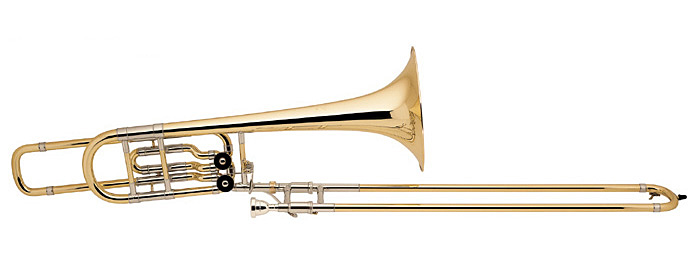
Bass Trombone
It was a crusade for the bass trombone, for jazz trombonists and for important music that people should know about...for Bill Evans, Gil Evans, [pauses and begins to look around the room at posters of past concerts featuring visiting artists] Zoot Sims, Randy Weston, Steve Swallow, Benny Golson, Clark Terry, J.J. Johnson, Illinois Jacquet, Max Roach. Some of them didn't need a lot more exposure, but in the jazz world, to have someone like Max Roach here, jazz people were flipping out. For other people [from outside the jazz community] that did come to the concerts, they sensed there was something special about Max's playing and influence, and that was really important to me.
AAJ: So as a crusader who founded and supervised forty years of jazz at one of the most renowned universities in the world, do you feel like you have a special responsibility as a caretaker of jazz at that institution?
TE: Harvard has a responsibility to educate, propagate, support, preserve, and document this music and all aspects of it. I am not qualified to go into all of the historical, social, racial, political and economic details of this music, but the university has a responsibility to do that. Having the opportunity to be here, for whatever fortunate and unlikely reasons, I felt I was in a position to do something about it. I just saw myself as being a catalyst to bring jazz to the fore. If you have passion and insight into the significance of an art form, but don't choose to illuminate that significance, who will?
For instance, the "Forty Years of Jazz at Harvard" celebration has been unbelievable and magnificent, especially with the music department embracing it. The music is now a larger part of the university fabric, and that's extremely rewarding. The fact that the music department library is going to take manuscripts, correspondence, and concert tapes of Max Roach and others into the library is a very strong statement. Gregorian chant is great, but when you've got eight shelves, of a two and a half month period of Gregorian chant, from an obscure area of Southern Italy, in the fall of that particular year, during the grape growing season...[laughs].
Eighty Years and Beyond
AAJ: How does it feel to have seen jazz grow at Harvard under your watch, to be onstage with Bennie Golson, Brian Lynch, Eddie Palmieri and other former visiting artists for the "Forty Years of Jazz at Harvard" concert?
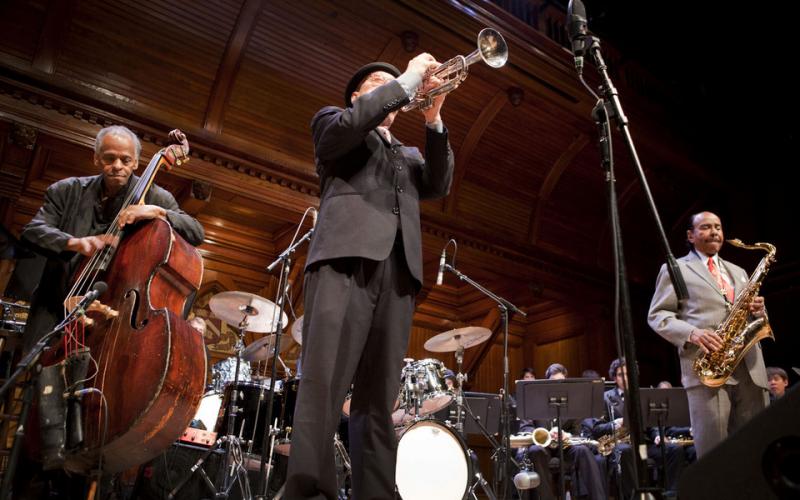
TE: As an individual who has the opportunity to meet, work and in some cases become friends with these major artists (several of whom have been my heroes) is a dream come true. To work with them on their music, learning their music, their artistic priorities, and unique aspects of their personality on a much deeper level, but also the great personal satisfaction to "survive" that situation...
AAJ: What do you mean by "survive"?
TE: "Survive," in the sense that I can contribute back. I hope that for these artists I have at least enough appreciation, insight and knowledge to develop and present a program that will honor them, as well as provide the students and the audience some type of overview and insight into what this player has done. My goal has been to do justice to these players' creativity and influence on American culture.
For example, to have Gerry Mulligan at Harvard while trying to salute him, who like most jazz musicians, [concentrates on] what he's doing now, his new pieces, and all of a sudden he goes into a situation where music is pulled out which he might not have listened to or thought of in decades, I'm delighted to say in some cases even the artist will say, "Wow, I never quite looked at it that way, I never saw this connection or this evolution." I find that exciting, and hopefully rewarding for the artist, but [also] incredibly important for understanding and acknowledging that artist's unique contribution, not just how many hit records they had or who they played with.
Some artists are quite taken aback by that acknowledgement, because they haven't had that experience outside the musical community, especially some of the older artists who didn't have the same educational or financial opportunities as some younger players. For example, a concert honoring Buck Clayton's music, and a special commission for him to write new music, seemed unreal to him. Someone invested research into [his] life and what [he] did. For some artists, Harvard represented something so foreign, a recognition of the musician and what they do, from people who weren't jazz musicians and weren't trying to make a dollar off of them.
AAJ: What are your hopes for eighty years of jazz at Harvard?
TE: To see it [laughs]!
AAJ: Well, what do you hope to see at 80 years of jazz at Harvard?
TE: That it's part of the fabric of something live, and that there is a respect, appreciation and acknowledgment for what this music represents. Not everyone is going to like it, but there are periods of jazz, just like literature and art. People who know very little about art know about various periods, that this artist represents a certain era, for example. I think an educated person should have some basic understanding of those relationships in American music.
Jazz permeates [American music] as does its African America roots. In my jazz history course we hear a lot of up-tempo, celebratory blues, as well as slow and sad blues. The blues is about triumph, the blues is about success, the blues says, "We can overcome this!" or "Yeah, we're past that point!" as well as the traditional idea of the blues as something down-home, sad, slow and moody. Blues is relative to life and life can go either way. It tells a story and is an experience of life.
At its best, jazz is an art music that to some degree the world looks upon as something that developed and flourished in the context of this country, despite encountering great hardship and prejudice. It's a wonder it survived in some ways, but I think the artists had to play it .
Photo Credits
Page 1: Jon Chase, Harvard Staff Photographer
Page 2, Louis Armstrong: Courtesy the estate of Louis Armstrong
Page 2, Bil Evans: Brian McMillen
Page 3, Si Zenter: Courtesy of vinyltimemachine.com
Page 3, Dizzy Gillespie: Courtesy of Tom Everett
Page 3, Jimmy Dorsey Band: Courtesy of wirthentertainment.com
Page 5: Kayana Szymczak, courtesy of The Boston Globe
Tags
Tom Everett
Interview
Andrew J. Sammut
United States
anthony braxton
Dave Brubeck
Dizzy Gillespie
Quincy Jones
J.J. Johnson
Steve Lacy
Harry James
Nat King Cole
frank sinatra
Miles Davis
Herb Pomeroy
Gunther Schuller
Stan Kenton
Woody Herman
Jimmy Giuffre
Weather Report
Maynard Ferguson
Sonny Rollins
Glenn Miller
Count Basie
duke ellington
Freddie Hubbard
Roy Eldridge
Art Bakey
Max Roach
Carl Fontana
Erroll Garner
Teddy Wilson
Art Tatum
Louis Armstrong
Doc Cheatham
Charles Mingus
Jimmy Knepper
Alan Dawson
Joe Williams
Al Cohn
Zoot Sims
Bill Evans
Illinois Jacquet
John Lewis
Gil Evans
benny golson
Tommy Dorsey
Warren Covington
Jimmy Dorsey
Lee Castle
Phil Wilson
Roy Haynes
Terri Lyne Carrington
Larry Monroe
Greg Hopkins
Randy Weston
Steve Swallow
Clark Terry
Brian Lynch
Eddie Palmieri
Gerry Mulligan
Buck Clayton
PREVIOUS / NEXT
Support All About Jazz
 All About Jazz has been a pillar of jazz since 1995, championing it as an art form and, more importantly, supporting the musicians who make it. Our enduring commitment has made "AAJ" one of the most culturally important websites of its kind, read by hundreds of thousands of fans, musicians and industry figures every month.
All About Jazz has been a pillar of jazz since 1995, championing it as an art form and, more importantly, supporting the musicians who make it. Our enduring commitment has made "AAJ" one of the most culturally important websites of its kind, read by hundreds of thousands of fans, musicians and industry figures every month.


